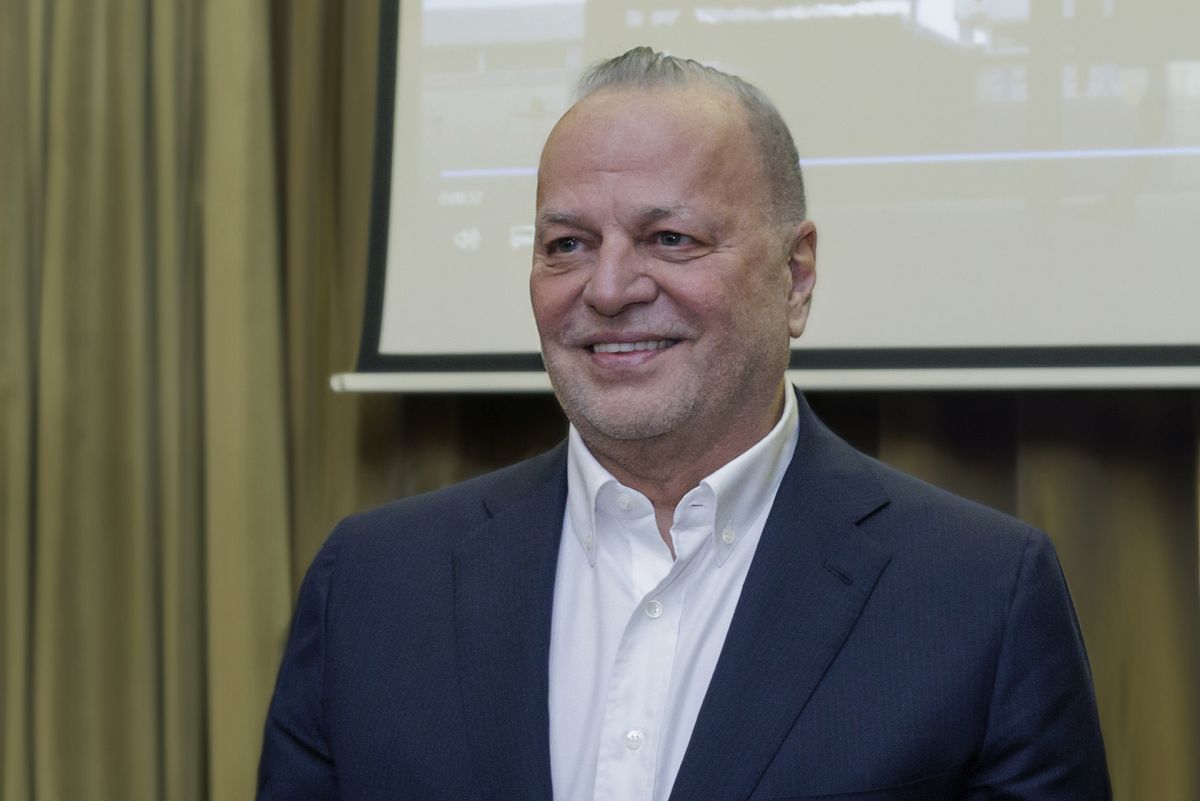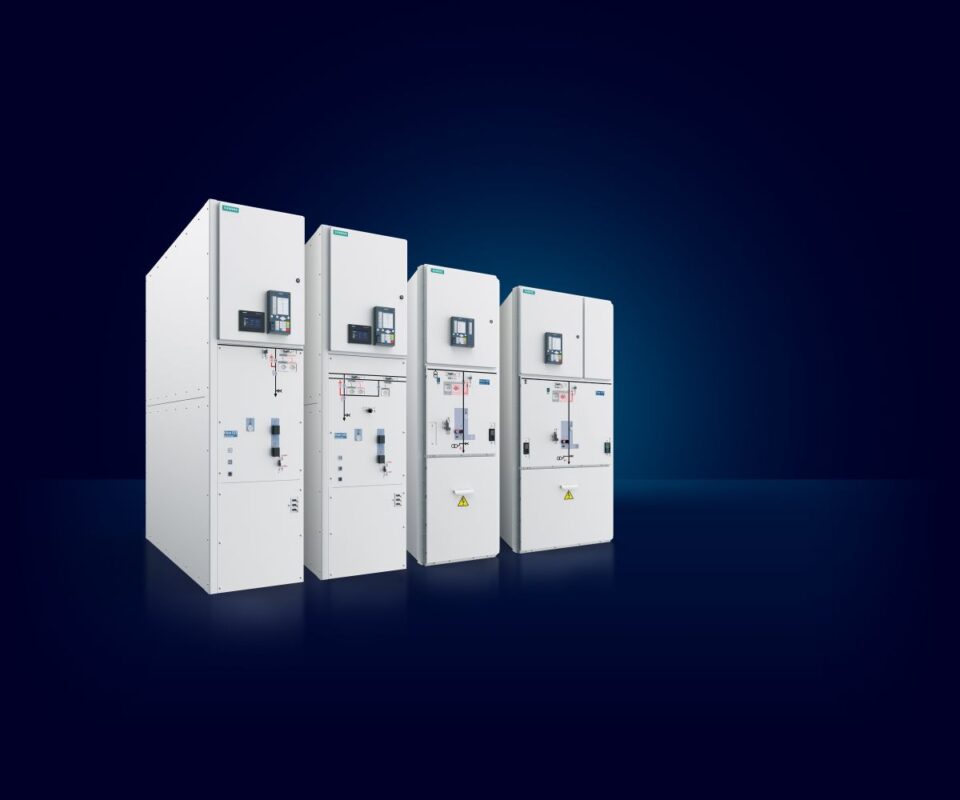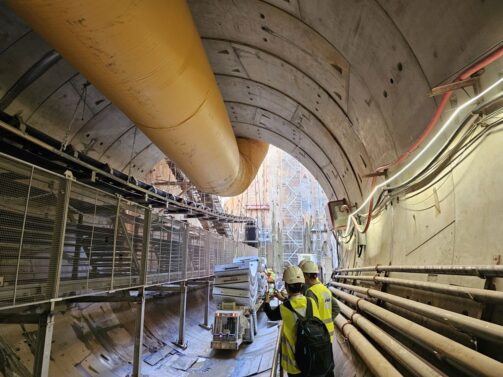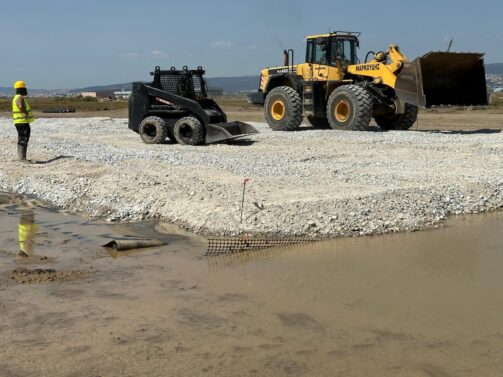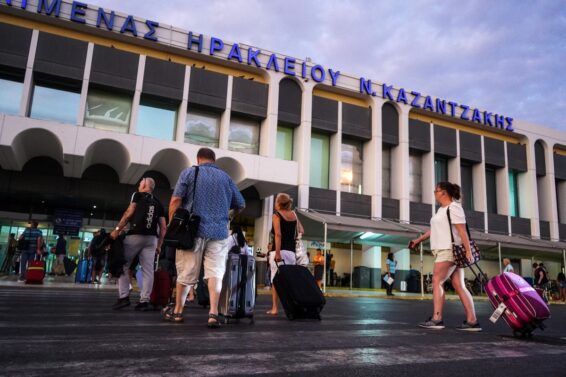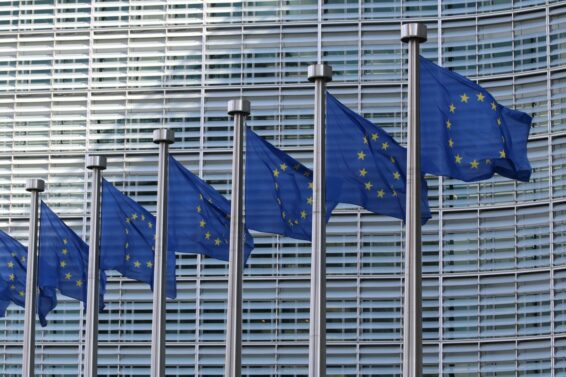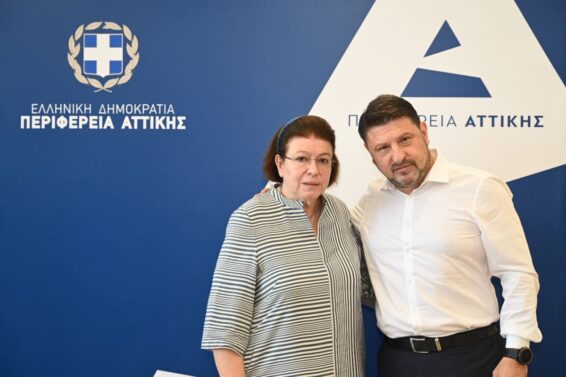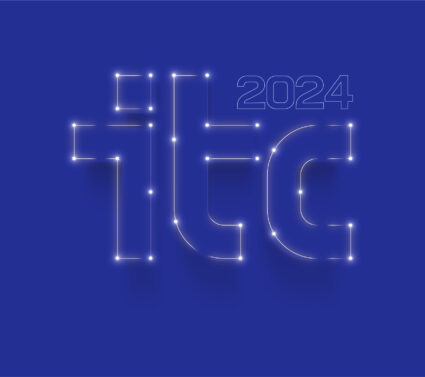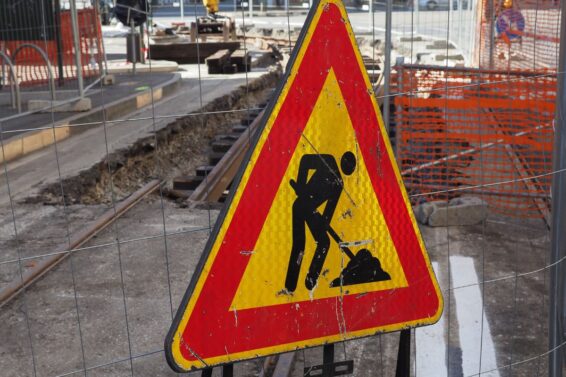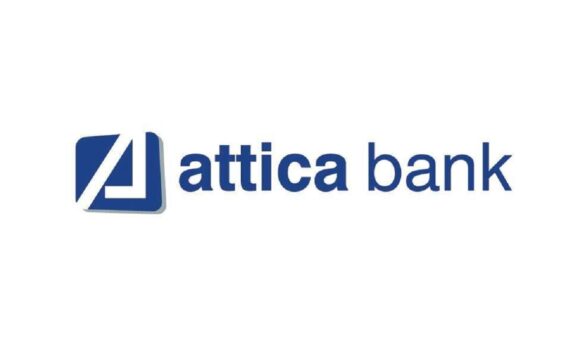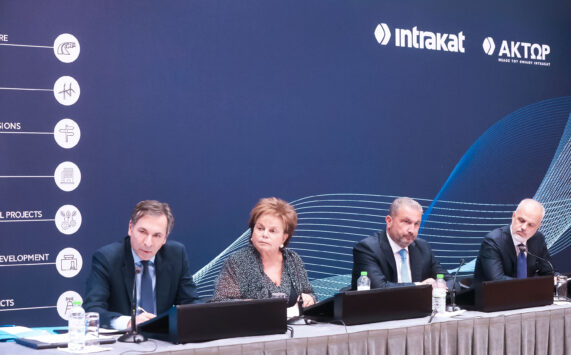The privatisation program, implemented by the Hellenic Republic Asset Development Fund (HRDF) has had a strong positive impact on the Greek economy, with clear social benefits during a particularly difficult period for the country, according to the study “Macroeconomic and socio-economic impact of the privatisation programme of the Hellenic Republic” conducted by the Foundation for Economic and Industrial Research (IOBE).
The study was presented today in an online event by the General Manager of IOBE, Mr Nikos Vettas and executives of the Foundation, in the presence of the Executive Chairman of HRADF Mr Aris Xenofos and the Managing Director of the Fund, Mr Riccardo Lambiris. The Minister of Finance, Mr Christos Staikouras, prefaced the presentation.
For the overall programme, it is estimated that privatisation boosted the country’s GDP by around €1 bn a year on average over the period 2011-2019. Over the same period, the average impact on employment was close to 20,000 full-time jobs.
A significant part of the impact of the privatisation came from the investment made throughout the economy. According to IOBE study, it is estimated that around €5.6 billion of fixed investments made in the country between 2011 and the second quarter of 2019 can be attributed to the privatisation programme. It follows that every €1 of initial privatisation proceeds corresponds to an average of €1,02 fixed investments in the economy.
The privatisation impact is not limited to the time of completion of each transaction. Still, it extends to the future and in many cases strengthens over time, resulting in a significantly stronger economic activity.
The new shareholders make significant investments and make changes to the business model, often involve the adoption of environmental monitoring systems. Finally, through interconnections with other production processes at local and national level, the more robust activity due to privatisation results in multiplier effects on GDP, employment and fiscal revenues for the whole country.
Mr Aris Xenofos, Executive Chairman of HRADF, stated during the presentation of the IOBE study:
“The study is a scientifically documented evaluation of privatizations throughout the previous years, which not only records the financial result of the Greek State assets development program but highlights a hidden added value. The legacy we leave through the maturity of public property with lending and administrative interventions, the saving of resources, the operational transformation of companies, the elevation of the country’s geostrategic role in the energy and transit trade sectors.
It is proof that know-how, technocratic perception and design, along with vision, can join forces and serve the goal of national development. The immediate future and especially the next twelve months will be particularly crucial for the country’s recovery and development challenges. It is our duty to bring out investment opportunities in the best possible way by the criteria of sustainable development, responsible entrepreneurship and a positive social footprint”.
Mr Riccardo Lambiris, CEO of the Fund, stated:
“The results of the IOBE study are the strongest evidence of the development work that HRADF has produced all these years. The significant and long-term multiplier benefits of the utilization of public property for the economy and society are highlighted today with the credibility of IOBE. The strengthening of privatizations is a key pillar for the economic recovery that the country needs. In HRADF we will continue with the same commitment, transparency and methodology to communicate the investment opportunities offered by our country, to attract foreign direct investment and to support their implementation for a new, modern Greece”.
The case studies
The privatization of the Piraeus Port Authority (PPA SA) has already led to a tremendous increase in the volume in the volume of transported containers, leading the port of Piraeus to 4th place in Europe (from 17th place in 2007) and 1st place in the Mediterranean.
Taking into account the multiplier effects, the impact of this privatisation on the country’s GDP is expected to exceed €375 million in about a decade, from €90 million in 2018. In terms of employment, the overall impact is expected to exceed 5,500 jobs in years when investment activity in the port is expected to be particularly strong.
The concession of the 14 regional airports to Fraport Greece is one of the most substantial investments made in recent years in Greece. The experience of Fraport AG, which is one of the largest airport management companies in the world, has boosted the competitive position of the 14 regional airports and of the areas in which they operate.
For the modernisation, development and expansion of the airport infrastructure, the company is implementing investments that will exceed €463 million by the end of 2020. Τhe total impact of the concession on the country’s annual GDP is expected to reach €630 million, while as regards employment, the overall effect is expected to exceed 11,600 jobs in about a decade.
The overall impact on GDP of the Astir Palace Vouliagmeni SA privatisation along with the investments carried out for the radical upgrade of the resort is estimated to amount to €107 million in 2018. It is expected to stand at €50 million per year after about a decade after the completion of the privatisation.
The privatisation of TRAINOSE S.A.and ROSCO SA (EESSTTY) is expected to significantly strengthen the company, utilising FSI’s know-how and experience in providing rail services. In particular, the operating revenues are expected to increase by 27% for the merged company at the end of the examined ten-year period, considering that the economic downturn caused by the coronavirus does not have long-term effects.
Finally, the ports of Greece have a key role in the sustainable development of the Greek economy and its regions. The inflow of new capital, the enhanced corporate governance and the development of new business initiatives by strategic investors with a long-term vision for the operation of the regional ports can contribute effectively to an essential upgrade of the country’s port infrastructure.
ΜΗΝ ΞΕΧΑΣΕΤΕ
- Ακολουθήστε το ypodomes.com στο Google News και μάθετε πρώτοι όλες τις ειδήσεις για τις υποδομές στην Ελλάδα
- Αν είστε επαγγελματίας του κλάδου, ακολουθήστε μας στο LinkedIn
- Εγγραφείτε στο Ypodomes Web TV

